An analysis of the list published by the government on new Maltese citizens including those purchasing a passport shows that applicants from Eastern European countries dominate the process once again, including insiders from Russian President Vladimir Putin’s elite circles, despite the fact that dual citizenship is frowned upon.
The Shift’s initial analysis of the list outlined a total of five individual applicants whose profiles merited further scrutiny. They include a road construction tycoon, a hunting aficionado with a virtual monopoly over certain contracts and an oilman who is the general director of an energy giant facing EU sanctions.
On 28 December 2021, the government published the latest list (in respect of 2020) of new Maltese citizens in the Government Gazette. As has been the case since the introduction of Malta’s golden passports scheme in 2013, the names are unhelpfully sorted by first name and mingle naturalised citizens (e.g. spouses or descendants of Maltese citizens) with those who acquired their citizenship through the cash for passports scheme.
Given that the majority of people on Malta’s annual list of ‘new’ citizens have, time and time again since the inception of the golden passports scheme, largely originated from Eastern European countries, The Shift’s initial analysis of the latest list summing up the names of new citizens for 2020 focuses on this demographic.
This analysis revealed that the list for 2020 again has a significant percentage of applicants from the region. A conservative estimate shows that at least a quarter of the total of 2,771 people on the list is from countries like Russia, Belarus and Azerbaijan, which straddles Western Asia.
Like its predecessor, the “relaunched” cash for passports scheme as updated last year includes a cap on the number of issued applications per year was limited to 400, with a maximum cap of 1,500 applications that can be approved. In other words, only 400 passports a year are issued through the scheme – so even though there may be a total of 1,500 applicants in a given year, the rest of the applicants would have to wait to obtain their passports until another annual intake is concluded.
The cap only refers to “main applicants”. The number of passports including spouses and children is in fact much higher, particularly when you include a spouse and say 1.5 children on average.
The legislative amendment occurred following growing pressure from the EU to scrap cash for passports schemes altogether. The EU Commission’s objection stemmed from Malta’s profiteering off the Union’s shared identity as well as the risks posed by international fraud rings who would be handed a valuable asset if allowed to purchase an EU passport.
The latest list of Malta’s new citizens also further highlights another risk of cash for passport schemes: dual identities. In its Grand Theft Europe investigation with over 30 other European newsrooms on VAT carousel fraud, The Shift had already highlighted how cash for passport schemes risk creating “dual identities”, a handy tool for fraudsters, not only by having a separate passport but also by one issuing country spelling the same person’s name differently from that person’s home country.
This risk is particularly high when a name in another alphabet (eg. Cyrillic or Chinese) is translated into the Latin alphabet. The latest list in fact includes several examples of members of the same family of passport buyers having their official surname (as would be printed in their Maltese passport) spelt differently from members of the same family that also bought passports.
During its research into the latest list of Malta’s new citizens, which is always published during the December holiday season, The Shift identified five persons of interest from the Eastern European region who merit further scrutiny due to their affiliations, their business interests or known links with corruption.
S’Agaro’s elite
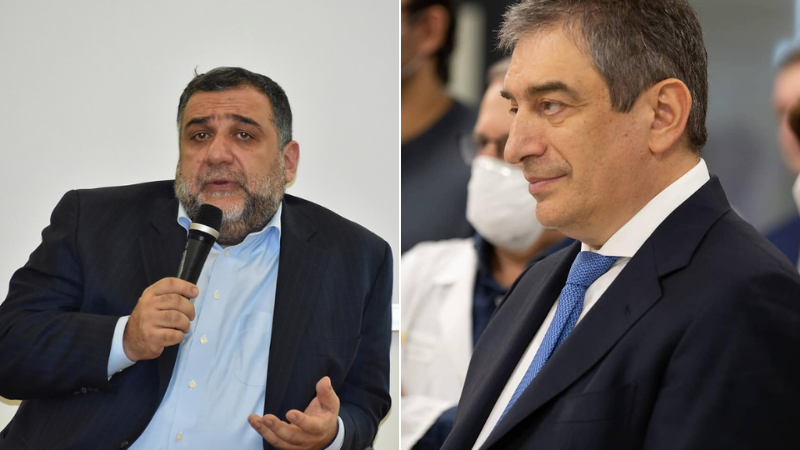
Left: Reuben Vardanyan, owner of private investment bank Troika Dialog. Right: obstetrician-gynaecologist Mark Kurtser.
Three immediate family members of Mark Kurtser, a renowned Russian obstetrician-gynaecologist, also became Maltese citizens in 2020. While Kurtser himself was not seen on any lists published by the Maltese government so far, it is possible that his immediate family successfully obtaining a Maltese passport is an indicator of his interest in obtaining one for himself, as had happened with Indian business tycoon Vijay Kumar Berlia who bought protected land on the Dwejra coast for development.
Kurtser was named as one of a tight circle of influential figures in Russian president Vladimir Putin’s inner circle in connection with an OCCRP investigation known as ‘the Troika Laundromat‘.
One of the trails linked with the investigation into the ‘laundromat’, a term which refers to complex systems created to deliberately obfuscate the trail left behind when dirty money changes hands, led OCCRP’s reporters to S’Agaro, one of Europe’s most exclusive and expensive tracts of real estate situated on Spain’s famous Costa Brava.
S’Agaro, which now seems to have become the playground of Putin’s elite, is frequently visited by Kurtser and his family. Besides the Kurtser family, OCCRP’s reporting refers to Reuben Vardanyan as one of S’Agaro’s residents, a Russian banker who had previously threatened The Shift with a SLAPP lawsuit for the newsroom’s coverage of the Troika Laundromat investigation.
The investigation had highlighted how Vardanyan’s private investment bank, Troika Dialog, was one of the key nodes in the massive network used to launder huge sums of money out of Russia as well as allowing Russian oligarchs and politicians to acquire secret shares in State-owned companies, to purchase real estate in the UK and Montenegro, and even to hire pop stars for private parties.
Vardanyan and Kurtser have known links to each other, according to the OCCRP’s investigation. In particular, the investigation refers to a Moscow-based company named NP Emergency Medical Services. Vardanyan and Kurtser, together with another prominent businessman in the same circle named Alexander Chemezov, are co-owners of the company.
The supermarket mogul
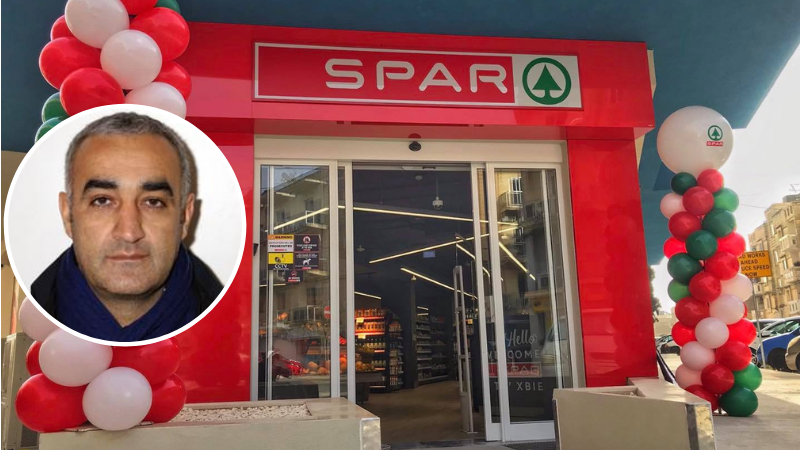
Inset: A photo of Mushvig Abdullaev. SPAR was formerly owned by the Abdullaev brothers.
Mushvig Ali Ogly Abdullaev, along with individuals who are possibly his son and daughter, Mikhail Mushvigovich and Anna Mushvigovna Abdullaeva, became Maltese citizens in 2020. Abdullaev is an Azerbaijani native who managed to become a wealthy businessman in Russia’s supermarket retail sector.
Up until December 2019, Mushvig Abdullaev and his brother, Allahverdi, were the owners of the SPAR franchise through a company known as Intertorg LLC.
According to life.ru, the Abdullaev brothers had, by 2017, amassed a total of 468 outlets, with plans to double that number in a few years. The same news report outlines how the Abdullaev brothers allegedly exploited their workers to accumulate capital much more quickly than legitimate operators. Intertorg LLC had, up until its insolvency, a network of dummy companies which it used to shuffle around employees every few months to avoid paying an estimated €1.05 million a year in personal income taxes.
By 2018, after Mushvig Abdullaev secured multiple loans worth billions from Sberbank, a state-owned Russian banking and financial services company headquartered in Moscow, the supermarket mogul suddenly disappeared, with news reports speculating that Abdullaev may have stashed billions of rubles in Monaco, which is where Intertorg’s controlling company, SCP Inter Solutions, is registered.
In 2019, Intertorg declared insolvency due to an estimated total of 15 billion RUB in debts (around €174.8 million). Eight billion of this debt was reportedly the result of the fraudulent loans obtained through Sberbank’s investment arm. On 13 June 2021, a Moscow-based court seized assets belonging to the Abdullaev brothers, worth an estimated €23.3 million. The assets included an unfinished shopping centre and an unspecified amount of apartments and offices.
A Russian oilman whose company faces EU sanctions
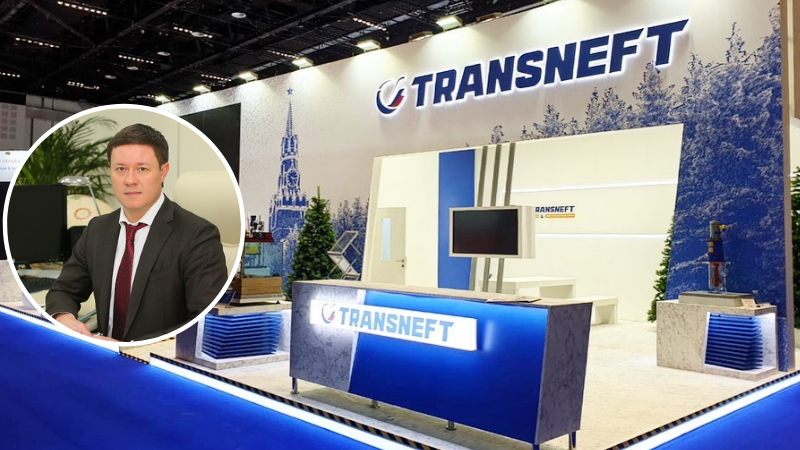
Inset: general director of Transneft, Andrey Turba.
Background: A stand set up by Transneft at an expo in Abu Dhabi.
The general director of Transneft, a Russian named Andrey Mikhaylovich Turba, along with four women who are possibly his immediate family members (likely, his wife Ekaterina Maksimovna Turba, and his daughters, Aurora Andrea Turba, Sofia Andreevna Turba and Varvara Andreevna Turba), became Maltese citizens in 2020.
Transneft is Russia’s biggest oil transporter, a company that handles 80% of the total volume of oil. The company expects to have a capital expenditure of around €2.4 billion for 2022, with an estimated total of 458 million tonnes of oil set to be transported by Transneft throughout this year.
Andrey Turba’s successful application merits particular scrutiny not only due to his obvious influence as the director-general of a major Russian energy conglomerate but also due to the fact that Transneft itself, along with Rosneft and Gazprom Neft, is subject to EU sanctions that have banned debt financing for all three companies.
The EU has also introduced a ban for trading those companies’ 30-day yield bonds and participating in issuing stock of the kind, meaning European investors and traders alike wishing to channel funds into the companies are not allowed to do so.
Friends in high places
Konstantin Vitalievich Khodosovosky (in featured photo), together with three of his family members, acquired a Maltese passport last year. Khodosovosky is a wealthy businessman who, according to versia.ru, has amassed a fortune from government contracts on which only Khodosovsky’s companies placed a bid.
LLC Technosphere and Technosphere Engineering LLC, two of Khodosovsky’s main business arms, have received government roadworks and highway-building contracts worth a total of 20 billion RUB, or roughly €236.5 million, from 2019 – 2021. The Russian press attributes the fortune made by Khodosovsky’s companies to his close association with Maxim Sokolov, St Petersburg’s vice-governor for transport.
Sokolov has past business links with Khodosovsky through Andrei Molchanov, the chairman of LSR Group‘s executive committee, a massive Russian construction conglomerate. Sokolov was Molchanov’s business partner and friend during the years following the collapse of the Soviet Union and the subsequent flurry of privatisation of State interests. Khodosovsky previously headed OJSC Rudas, a gravel and sandpit development company acquired by LSR Group in 1997.
St Petersburg’s vice-governor for transport also has a familial link with Khodosovsky who is known to be an avid hunter often going on hunting trips with Yuri Ryskov, a former army colonel who is also Sokolov’s father-in-law.
Moscow’s ‘Big Brothers’
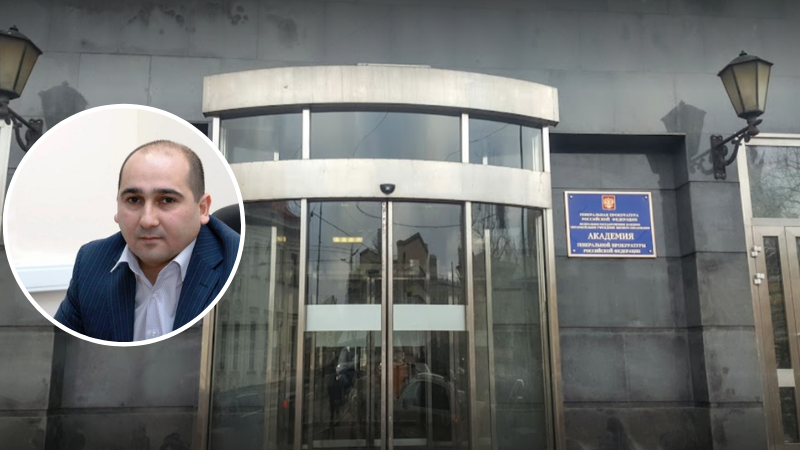
Inset: Netris general director Murad Efendiev.
Background: Moscow city’s IT department, which runs a facial recognition system provided by Netris.
The general director of surveillance company Netris, Murad Azerovich Efendiev, along with the founder of the company, Timur Removich Iseev, became Maltese citizens in 2020.
Netris, a company that falls under the umbrella of Rostelecom Group, the largest digital services provider in Russia, specialises in video surveillance software, offering a wide range of services including facial recognition-capable cameras, streaming and mobile-friendly apps that help law enforcement and officials monitor areas on their smartphones.
One of the company’s flagship projects was fully implemented in January of last year following a trial period in Moscow – the entire city’s camera system was replaced with facial recognition-capable counterparts. Netris’ efforts were met with high praise from Russian government officials seeking to use urban surveillance, including Moscow’s mayor, Sergey Sobyanin, and one of Moscow’s government ministers, Artion Ermolaev.

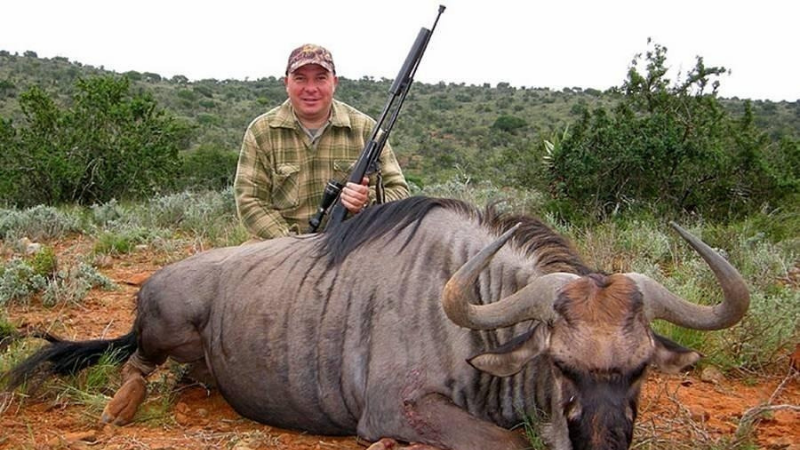











They will be welcomed here with open arms and with hands deep in there pockets, this is the kind of people our politicians bend over for and love. They all even look corrupt. Konstantin Vitalievich Khodosovosky will feel well at home here judging by your article on him about been given all the road building contracts and the only o e to bid, a mirror image of what goes on here. Welcome to corruption island but that is probably why they picked us?
Putin’s corruption works.
Very sad fact for the future of Europe. For the future of european legacy and for the next generations.
Lol and today we are being told that “Investors, including Russians, must pass through a rigorous due diligence process and the scrutiny process costs us over €45,000 per investor,” Muscat said. “International experts are now coming to Malta to receive training on due diligence.”
And that a journalist was rubbished when it accused Malta of being the soft undebelly for russia in EU…republish this to win a crystal ball